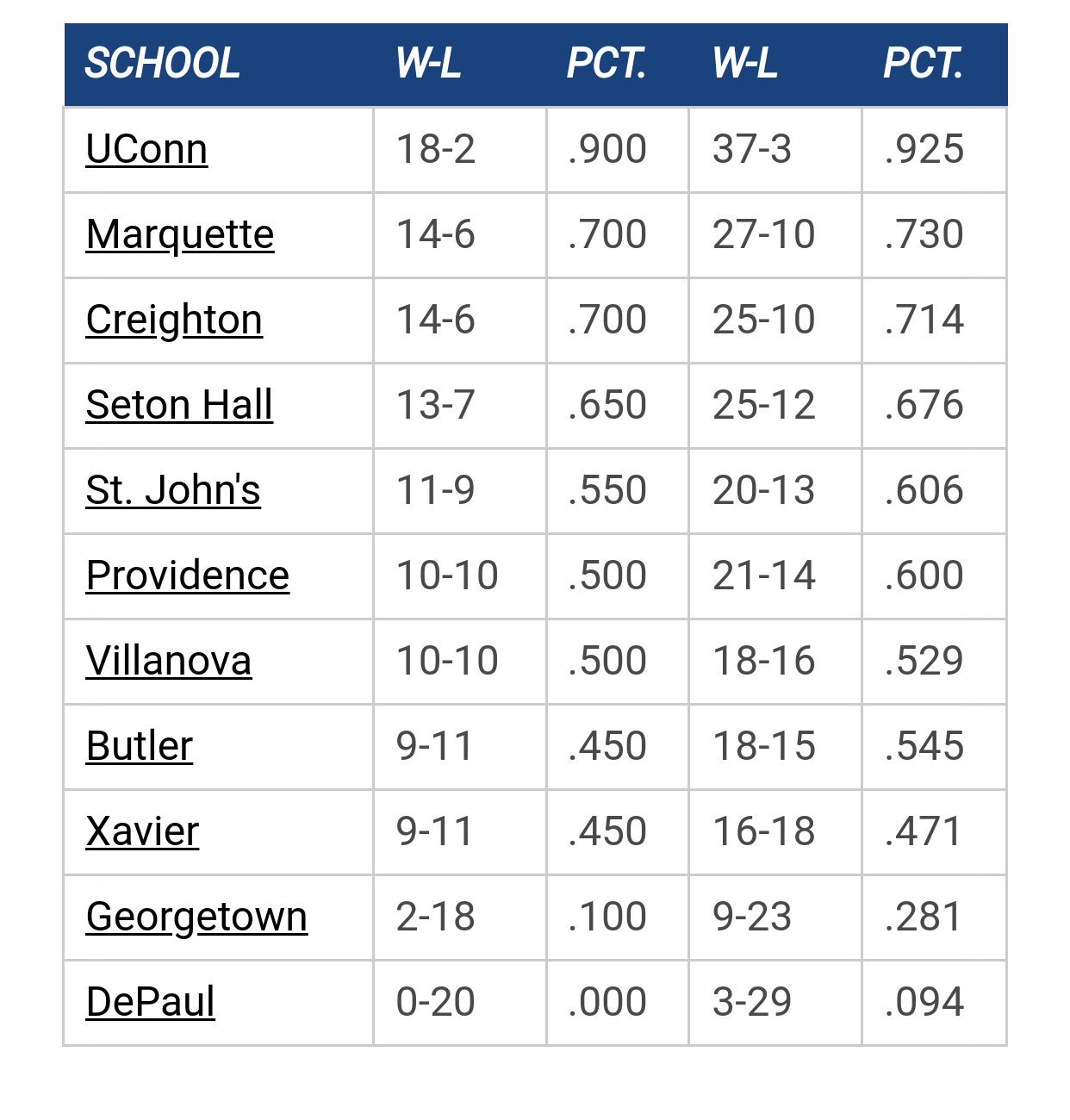|
Home and Home with Maryland by MDMU04
[Today at 02:16:15 PM] 2024-25 Non-Conference Schedule by Mr. Nielsen [Today at 01:11:29 PM] [Paint Touches] NBA Combine results for Ighodaro and Kolek by MUbiz [Today at 10:45:03 AM] Transfer Portal vs. Recruiting, retaining , developing by MU82 [Today at 10:37:13 AM] 2024 Coaching Carousel by Hards Alumni [May 15, 2024, 01:48:36 PM] Big East 2024 Offseason by Billy Hoyle [May 15, 2024, 12:47:28 PM] |
The absolute only thing required for this FREE registration is a valid e-mail address. We keep all your information confidential and will NEVER give or sell it to anyone else.
|





